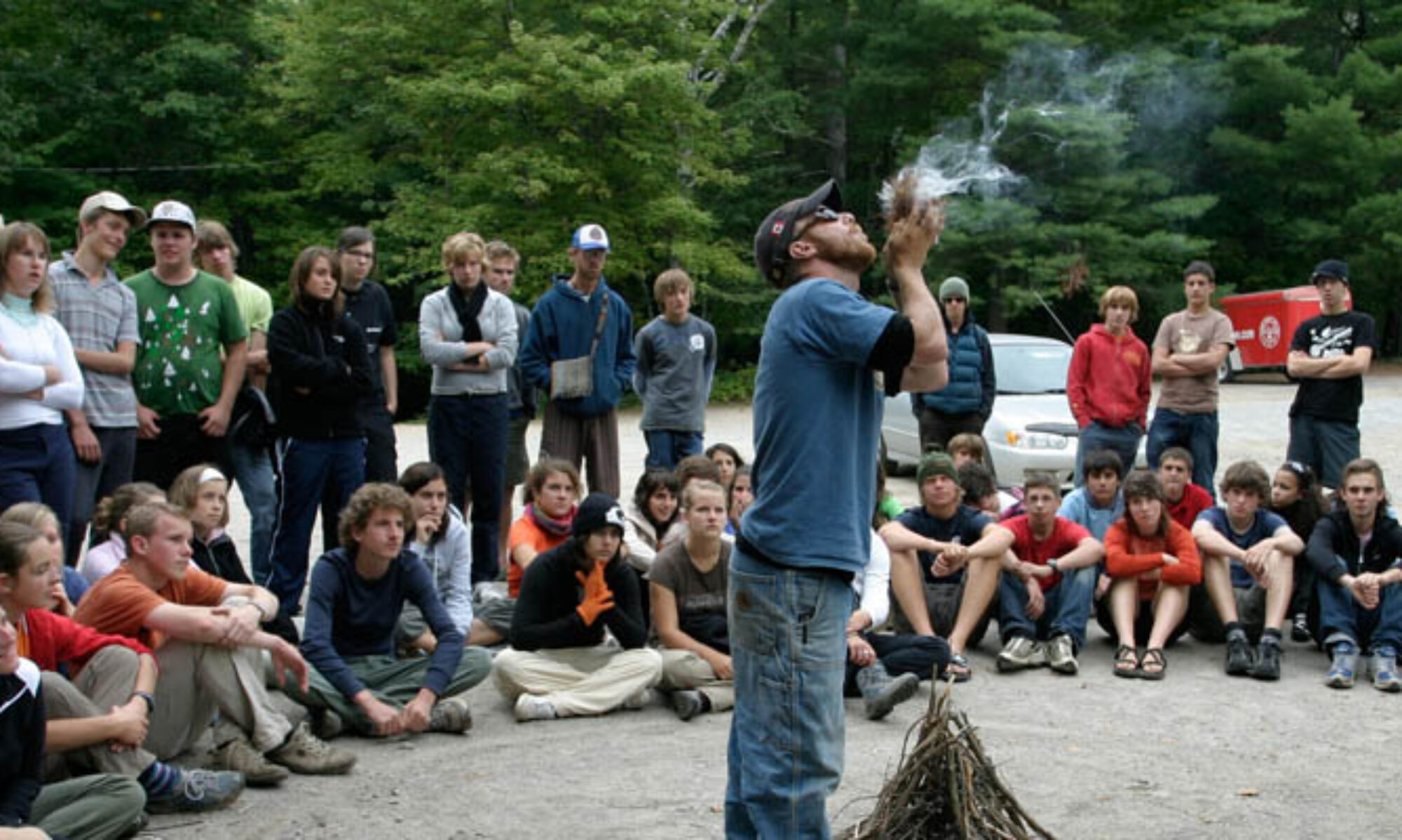[box]
Our Staff
[/box]
We are very proud of the PaddleFoot staff. Our amazing team of Guides strives to set industry standards of safety, knowledge and excellence. In addition to a wealth of safety qualifications, our guides are chosen for their compassion, their sense of humour, their passion for the outdoors and a desire to share some of what they know with others. They are experienced in meeting the needs of people new to wilderness living and they have something to teach even the most seasoned camper. Our guides are teachers, caregivers, entertainers, outdoors women and outdoorsmen. They feel as comfortable in a canoe or kayak as they do singing a song around the campfire. They can nudge a child into learning an important lesson, give a needed word of comfort and a hug or tell a joke to lighten the mood. They’ll whip up anything from macaroni & cheese to a vegetarian sushi, home-made bread, or chocolate cake. They’ve been known to teach even the oldest dog a new trick. Each of our trips is complemented by at least one Paddlefoot certified guide. These individuals are required to have a minimum of 80 hours of first aid training (WFR) and many are Wilderness Emergency Medical Technicians (220hrs). All guides have international whitewater rescue technician training. Paddlefoot guides have extensive wilderness skills and at least 2 years of prior trip leading experience. Youth trip guides complete a 7 day training program each year to stay current on the topics and issues of working with children and young adults in the outdoors. Guides for Adult trips and expeditions are chosen from amongst our most seasoned, specifically to suit your group.
Certifications (minimum):
- Wilderness First Responder (80 hour first aid course)
- Whitewater Rescue Technician Level 1 & 2
- ORCKA Moving Water Level 1 & 2
- Orienteering, maps and compass
- Group dynamics and management
- Equipment management and repairs
- Outdoor cooking and food management
- Teambuilding
- Risk management
- Hygiene and health monitoring
- Leadership theories and their applications
- Survival and environmental education activities
- Ages and stages of development of a child
- Emergency procedures (including simulations)
- Knots and shelter building
- Behavior management
- Weather reading
- First aid review

